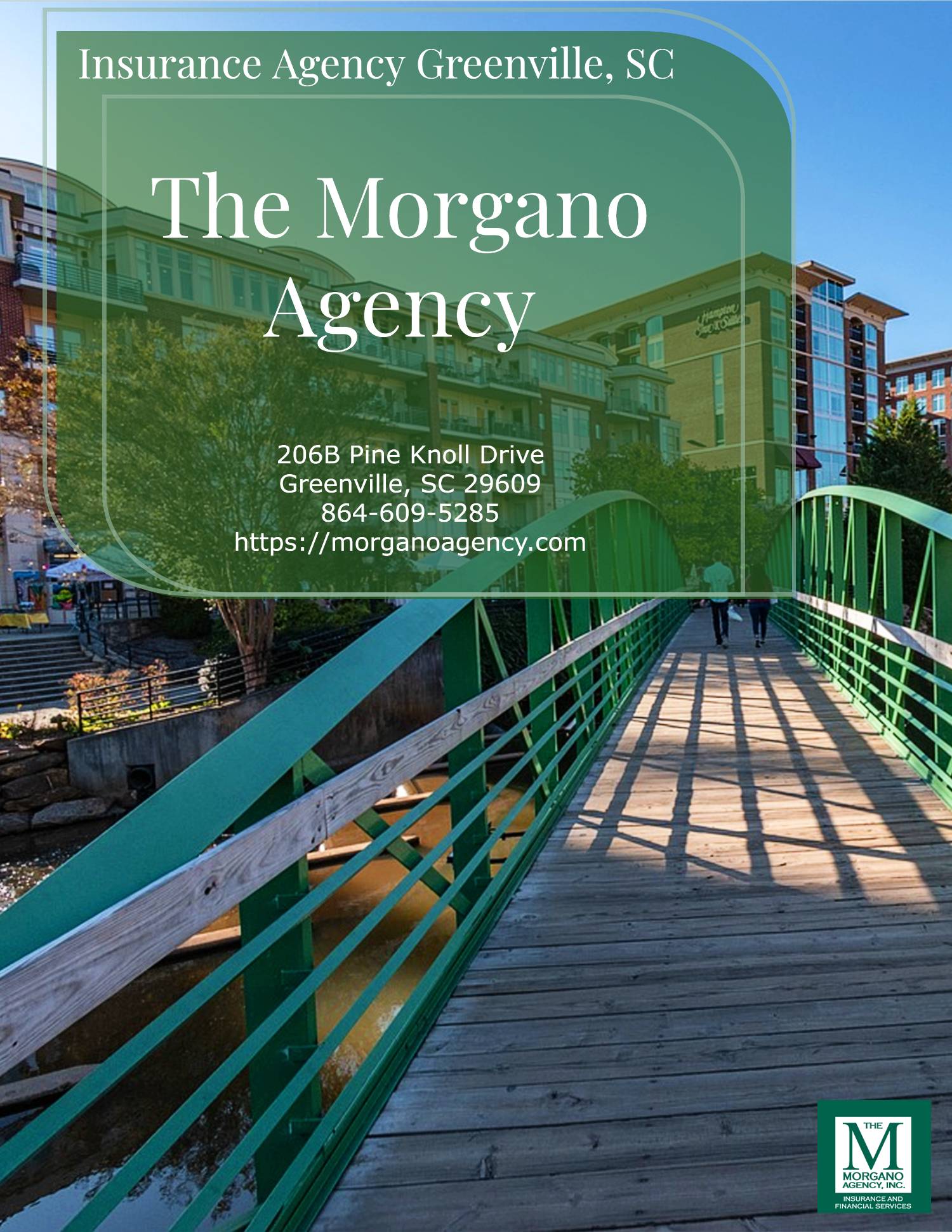Homeowners Insurance Refund Check
In the event of a loss, condo owners may be wondering if their homeowners insurance policy will cover them. While policies vary from company to company, typically condo owners are covered under their unit's homeowners insurance policy.
.jpg)
.jpg)
